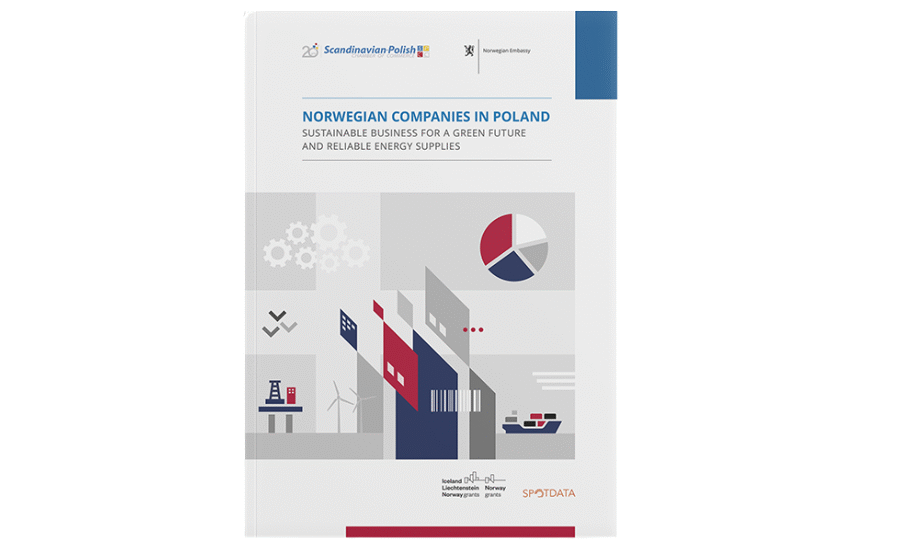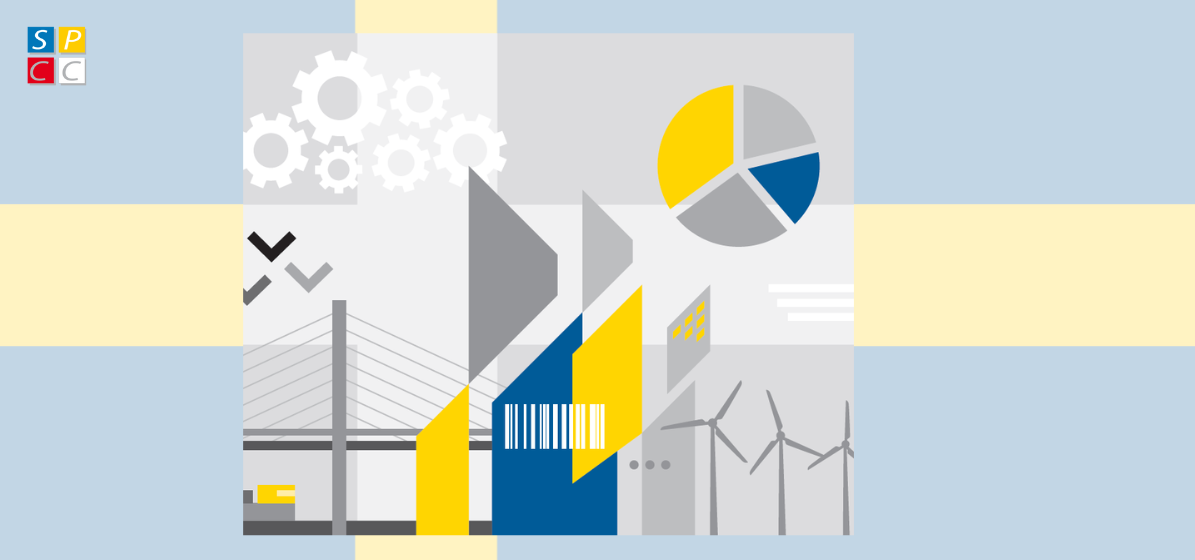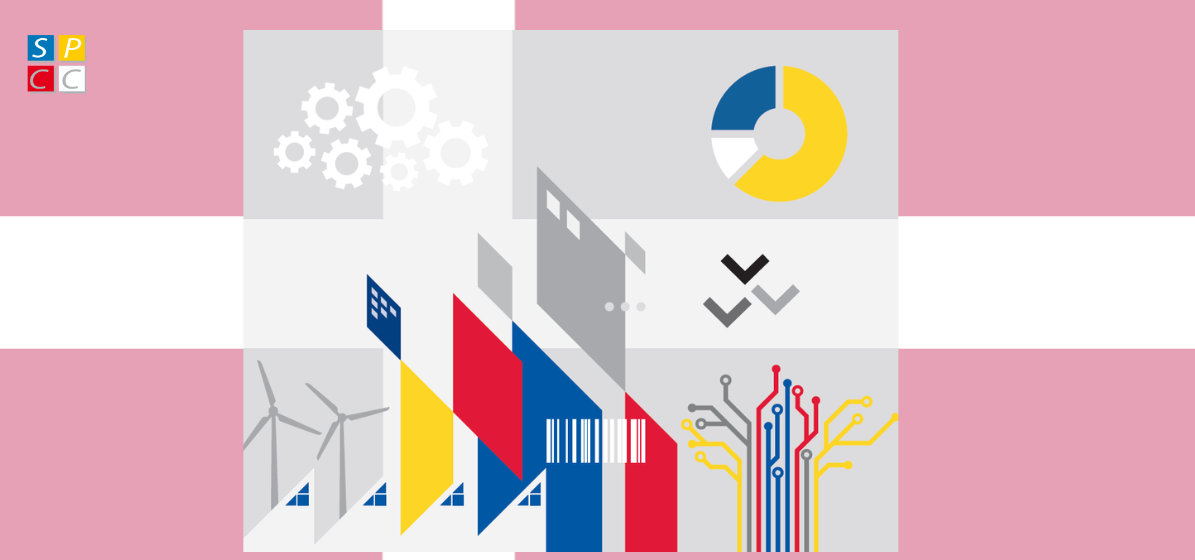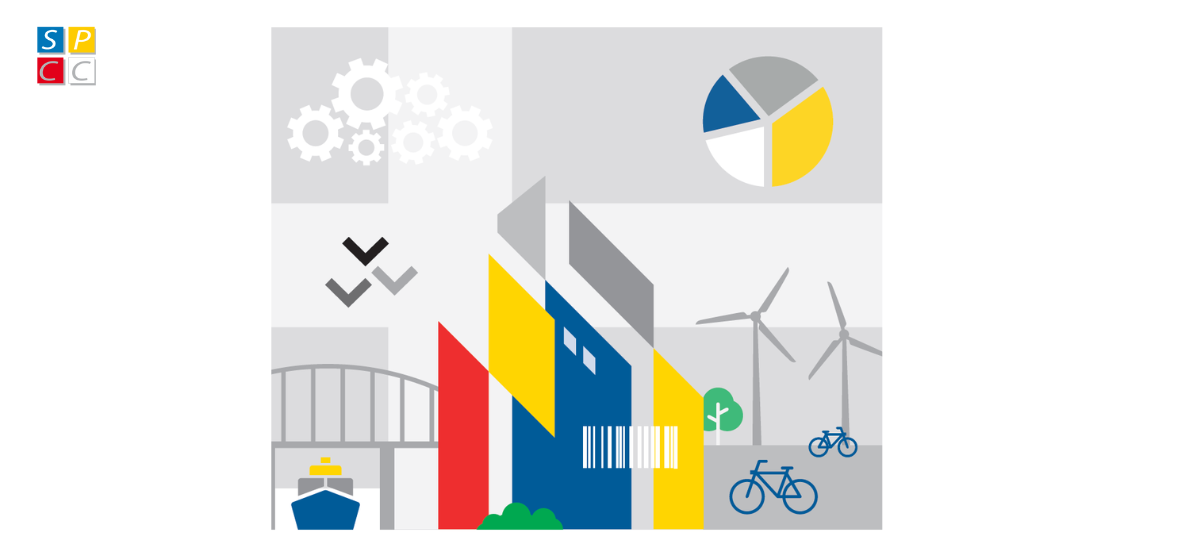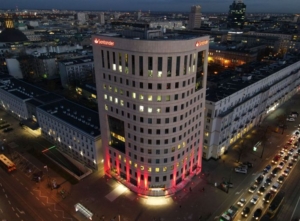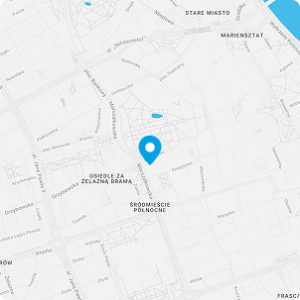Norwegian companies in Poland
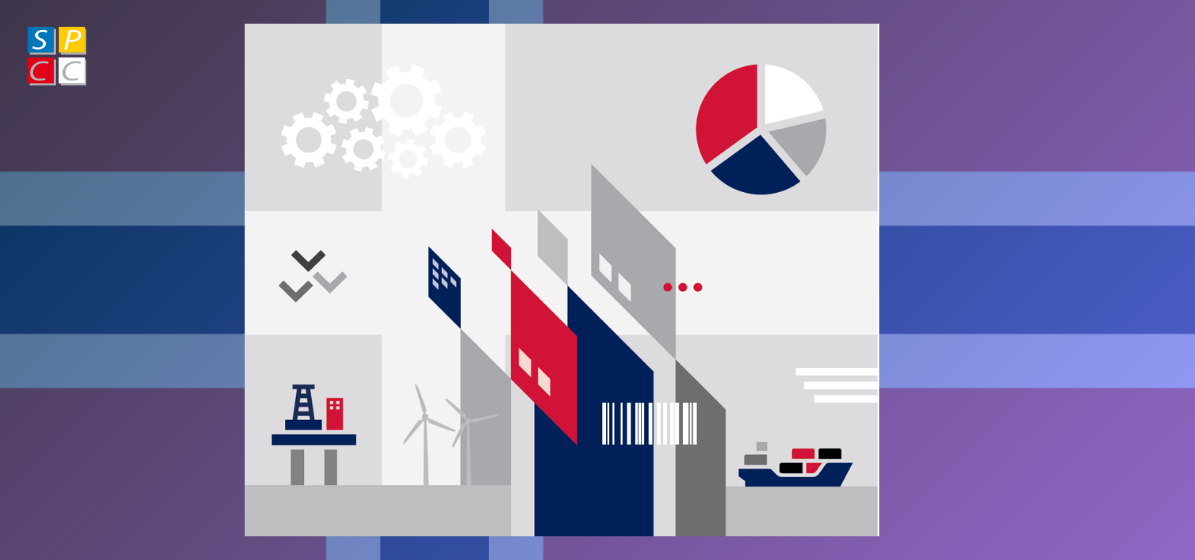
Economic cooperation between Poland and Norway is unique and has several important dimensions. The 20th anniversary of the SPCC is an excellent opportunity to summarise the scale of cooperation, investment, mutual trade and the activities of Norwegian companies in Poland. Norway also plays a key role in increasing Poland’s energy security.
The report “Norwegian companies in Poland – sustainable business for a green future and reliable energy supplies” was prepared in cooperation with the Norwegian Embassy and is a part of a project prepared to mark the 20th anniversary of the SPCC.
Investments and activities of Norwegian companies in Poland
Norwegian investments in Poland amount to almost EUR 4 billion, half of which are direct investments and the other half are portfolio investments of the Norwegian Government Pension Fund Global. In regional terms, most Norwegian investments are located in the provinces of Mazovia, Lower Silesia, Pomerania and West Pomerania. There are approximately 400 Norwegian companies operating in Poland, directly employing 20,000 people. However, 65,000 people are employed in the entire supply chain related to exports to Norway. The presence of Norwegian companies is particularly visible in food processing, manufacturing, selected services and the energy sector, and has a strong impact on Polish-Norwegian economic relations. The largest Norwegian employers in Poland are Mowi and Norsk Hydro.
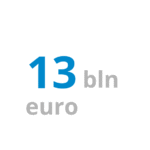
the value of Polish-Norwegian trade exchange

Norwegian companies are present in Poland
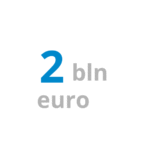
The allocation of EEA and Norway Grants (of which Norway provides 97%) to Poland since 2004.

the share of Poland’s gas imports provided by the Norwegian fields in the North Sea
Polish-Norwegian trade exchange
Polish trade with Norway has grown faster than with any other Scandinavian country over the last 20 years. Both countries play a strategic role for each other – Norway is an important supplier of raw materials and technology, while Poland provides processing capacity and a large pool of specialists, including in technological fields. In the 20 years since Poland joined the European Union, the total value of trade has increased by 880 per cent – from EUR 1.3 billion to EUR 13 billion. After 2020, accelerated growth has been recorded, partly due to gas transmission via the Baltic Pipe gas pipeline. At the same time, trade in other strategic sectors such as food, machinery, shipbuilding, automotive, business services and transport remains at a high level. Norway is the largest supplier of fresh fish to Poland. The machinery and shipbuilding sectors are also important areas of cooperation. In addition, Norway is Poland’s second largest export market for boats, ships and its parts.
Norway’s role in ensuring energy security
Through the Baltic Pipe project, Norway is Poland’s largest gas supplier, therefore playing a key role in ensuring Poland’s energy security. 48% of gas imported to Poland comes from deposits on the Norwegian Continental Shelf. At the same time, Norway is investing in renewable energy sources and decarbonisation. Norwegian investors such as Equinor are developing offshore wind projects and driving the renewable energy value chain in the Baltic Sea. Together with its Polish partner, Polenergia, Equinor is developing investments with a capacity of up to 3 GW in three projects: Bałtyk I, Bałtyk II and Bałtyk III. The first energy from the Bałtyk II and Bałtyk III projects is expected to flow into the grid as early as 2027.
Offshore and onshore energy, photovoltaics, carbon capture and storage (CCS), and maritime safety are important elements of Norway’s commitment to stabilising energy supplies in uncertain times. In summary, Norwegian energy investments are an essential contribution to stable and resilient energy supplies in Poland.
The EEA and Norway Grants
Poland is the largest beneficiary of the EEA and Norway Grants – since 2004, approximately EUR 2 billion has flowed into our country. Another EUR 925 million has been allocated to Poland, which will be available in the new 2021-2028 perspective. Part of these funds will also be allocated to challenges related to the green transition. The largest part of the Funds is dedicated to environmental issues and climate change, promoting sustainable energy while helping Poland adapt to the European Green Deal. In recent years alone, such measures have resulted in significant annual energy savings. The EEA and Norway Grants are also used to implement pilot projects promoting new technologies and innovations in key areas of renewable energy, including hydropower and geothermal energy. The EEA and Norway Grants also contribute to research and innovation, supporting Polish and Norwegian scientists in joint projects.
